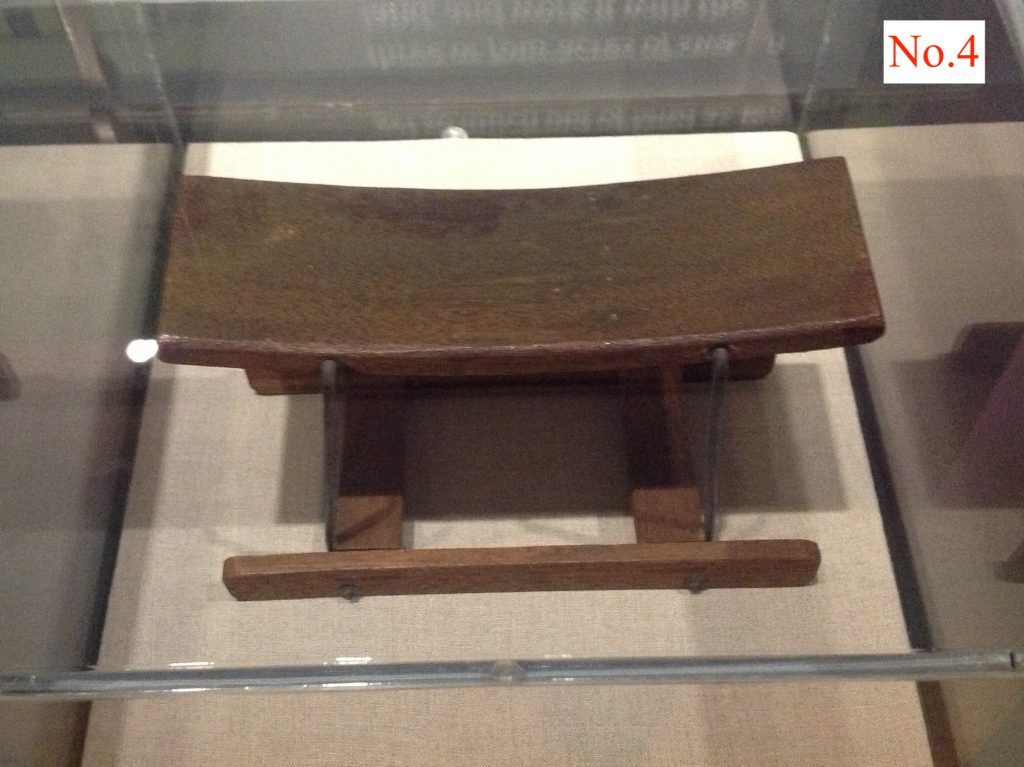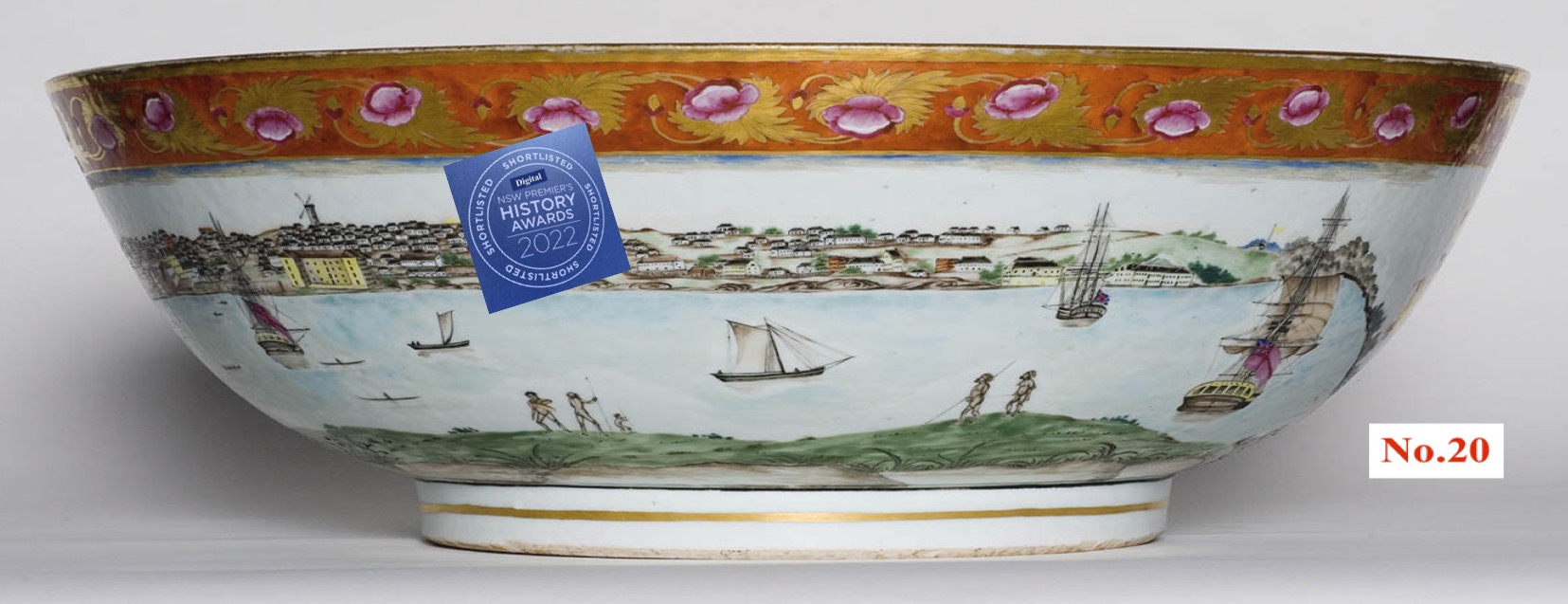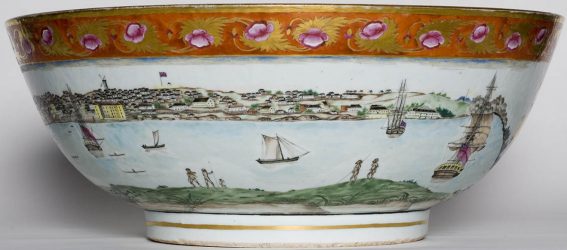
A major feature of Chinese-Australian history is stereotypes. Racism generated negative images, while simple ignorance of culture led to ideas about Chinese people and Chinese-Australian history that continues to influence the present.
Common stereotypes include: all Chinese were gold miners, opium addicts, gamblers, men and hardworking. Like all stereotypes these have their elements of truth and certainly gold miners, opium addicts, gamblers, men and hard workers are undeniably all elements of Chinese-Australian history. Nevertheless even seemingly positive stereotypes such as Chinese people as hard workers can be used to restrict our capacity to see the full story and even to re-enforce negative perceptions.
This simple wooden pillow is a case in point. It was used by workers of the Wing Sang Co. in Sydney and is now part of the Powerhouse Museum collection. From there, in 2014, this object was borrowed take part in the Museum of Sydney’s ‘Celestial City’ exhibition. Here, by association of ideas, the wooden pillow or folding headrest became a symbol of the stereotype of Chinese as hard workers:
It speaks of the ‘unremitting toil’ of the Chinese gardeners, who worked long hours and sacrificed material comforts as they diligently cultivated their land.
That an object so obviously designed for rest can be characterised as representing not only work but ‘unremitting toil’ tells us much about the strength of stereotypes and how they continue to influence our perceptions of Chinese-Australian history. For this image of the Chinese as hardworking, while a positive one in some contexts has also been a negative image in others. Most notably when associated with fear of low wages and competition with other workers that were at the heart of the White Australia policy. (See No.1 & No. 40]
For those who deal in stereotypes, whether racist White Australia supporters of the end of the 19thcentury or museum organisers of the early 21stcentury suffering from ‘white guilt’, it is too easy to use ‘working hard’ as a kind of racial or cultural trait to be praised or condemned depending on the circumstances. Better to understand the circumstances that contributed to work practices such as being in debt for passage money to Australia, having family in China dependent on one’s Australian earnings, or owning a share of the market garden, tin mine or business and so being self-employed. Most people in such circumstances, regardless of country or culture of origin, would be hard workers. (See No 21, No. 32, & No. 38)
On the other hand, gambling and opium smoking can be seen not so much as social vices to add to the stereotypes but for what they were, forms of relaxation and leisure. In addition to napping on folding wooden pillows, Chinese-Australians indulged in many forms of leisure that included tea-drinking, music (including opera, see No. 16), picnics, and even on occasions playing soccer and skiing.

